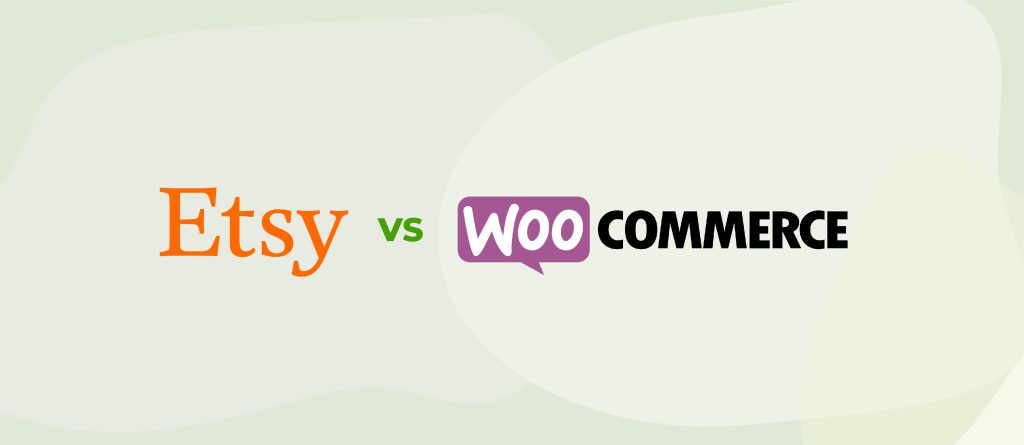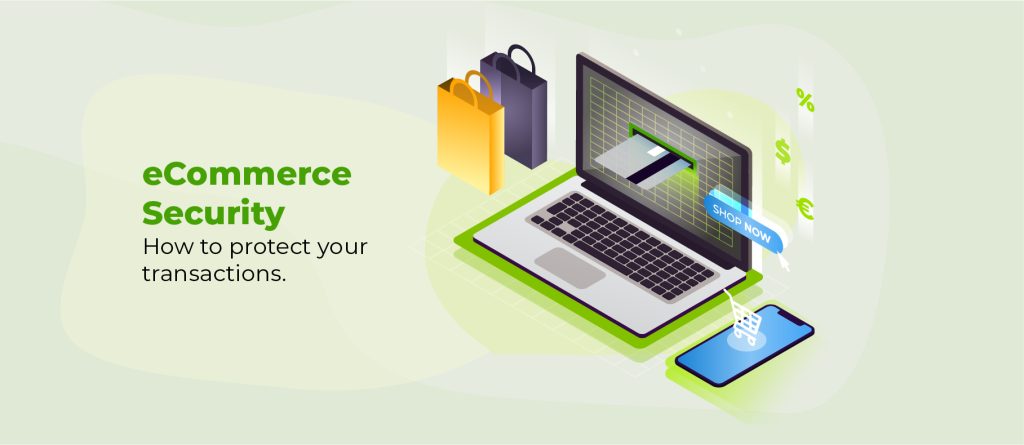Are you looking to start an online store? If so, you’re probably wondering if WooCommerce or Shopify is the best e-commerce platform for you.
Below we’ll compare and contrast the two platforms so that you can make an informed decision about which one is right for you. Both WooCommerce and Shopify have their pros and cons, but in the end, it comes down to what your specific needs are. So let’s get started!
WooCommerce is for those are are a little more tech savy.
Woocommerce is a self-hosted platform, which means you have to purchase and install the software on your own web server. This can be a bit more complicated than Shopify, which is a hosted platform. With WooCommerce, you have more control over your website and can customize it however you want. You also aren’t limited to the templates that Shopify offers.
However, WooCommerce requires more technical knowledge than Shopify does, so if you’re not comfortable with coding or setting up servers, then WooCommerce might not be right for you.
Shopify is for non-web developers.
First of all, it’s a self-hosted platform so you don’t have to worry about purchasing and installing any software. This makes it a lot easier to get started and you don’t need any technical knowledge. Shopify also has more themes and templates to choose from, so you can find one that fits your brand without much work.
And unlike WooCommerce, Shopify comes with built-in features like payment processing, shipping rates, and tax calculation. Shopify ends up being a bit cheaper than WooCommerce in the long run when you consider WooCommerce’s hosting/server and development costs.
So which platform is better for you?
It really depends on your needs and what you’re selling.
If you’re comfortable with coding and setting up servers, then WooCommerce might be a good option for you. But if you’re looking for an easy way to get started without any technical knowledge, then Shopify is the better choice.
Here is a simple checklist you can use to figure out what route you need to go:
- Why do I need a website?
- Can I develop a website or do I need to pay someone?
- What am I selling?
- What do I need to integrate my store with?
- What resources do I have access to (contractors, training, marketing, etc.)
- What budget do I have for this project?
- Is WooCommerce and Shopify my only options?
Suggestions based off of your above answers:
- If you need a website and are comfortable developing one, WooCommerce is a good option.
- If you don’t have any technical knowledge and want an easy platform to use, Shopify is the better choice.
- Both platforms have their pros and cons, so it’s important to figure out what your specific needs are.
- Shopify is cheaper in the long run than WooCommerce if you don’t already develop websites and have a hosting service.
- Etsy might be a good starting point if you’re on a tight budget.
So which eCommerce platform should you choose? Woocommerce or Shopify?
Leave us a comment on which one you use and why!




Is Shopify really cheaper in the long run?
$40AUD per month just for the basic plan which equates to $480 per year. 2% transaction fees on sales unless using Shopifys own payment system + the fee from the gateway (PayPal etc). They also don’t offer an email solution so you’ll need to use a 3rd party like Google Workspace which is another $100 per year for the basic plan (for one account). This ins’t including the theme which can be a once of fee of around $400AUD for anything decent (expensive!). Assuming you’re doing this all yourself and not paying a developer.
WooCommerce you might pay $200AUD per year for decent shared hosting which includes an email solution and SSL, add another $100 for a top of the line theme. Only Gateway fees. Away you go. Again assuming it’s done DIY.
It’s true that WooCoomerce does require further setup but I wouldn’t say that someone can’t figure it out if they were keen on pursuing a DIY solution, it’s not rocket science. You don’t need to know how to write one line of code to get a WooCommerce shop up and running.
Generally I think Shopify is a safer, more robust, user friendly platform and has great customer support as it has been tailored to this niche. It’s just expensive in comparison so I generally don’t recommend it for small businesses unless they are comfortable paying those ongoing fees while dipping there toes in the e-commerce space.
Medium to larger businesses with marketing budget I wouldn’t hesitate to recommend Shopify.
WooCommerce does have its own payment system (WooCommerce Payments) & offer tax calculations without any plugins.